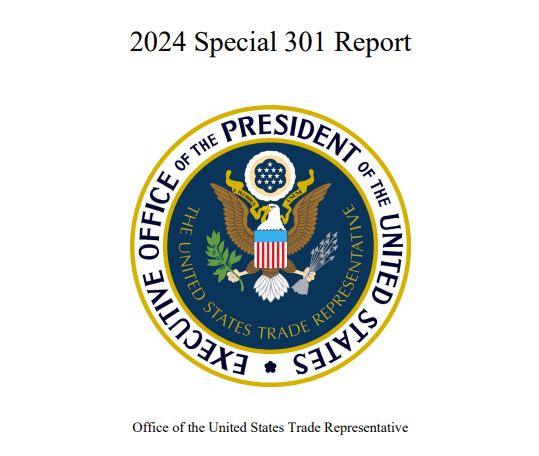
Bilateral agreements are a means for obtaining protection for GIs in foreign jurisdictions. Not only the EU has engaged in such negotiations during the last decades. As an example, the EFTA countries (Switzerland, Iceland, Liechtenstein, and Norway) have been very active as well.
Only in 2024, EFTA countries concluded Free Trade Agreements (FTA) with India, Thailand, Kosovo, Ukraine and Chile. Meanwhile, the agreement with Moldova came into force and negotiations with Vietnam, Malaysia and MERCOSUR continued to be held. GIs are an important part of the IP Chapter in these agreements.
The FTA concluded by EFTA countries with Ukraine, Moldova and Kosovo follow the already-existing frameworks negotiated with the EU (which imply a high level of protection for GIs).
The agreement with Chile can also be considered a successful tool for the reciprocal solid protection of GIs. Protection is now regulated under Art. 8 of the Annex XII of the recently-negotiated amendments of the EFTA-Chile Agreement. It is worth mentioning here that the previous Agreement between the parties (Art. 6) provided only for a TRIPS level of protection. The Agreement also includes a list of GIs of each party to be protected.
Solid GI protection (beyond TRIPS) is also foreseen in the EFTA-Moldova agreement (Art. 9 of Annex XV of the EFTA-Moldova FTA). In this context, it is worth mentioning that in 2024 Moldova joined the Geneva Act.
While the GI section of EFTA agreements largely follows the approach taken by the EU, a difference remains. The EU FTAs often contain provisions applying only to the GIs listed in an annex. On the other hand, in EFTA agreements, the IP Chapter includes systematically provisions applicable to all GIs (including the ones not contained in the annex, which will be protected after the agreement enters into force). Among the EFTA countries, as part of such FTAs, Switzerland and Lichtenstein negotiate also an annex containing a list of GIs to be protected in the counterpart jurisdiction, including craft and industrial ones.


